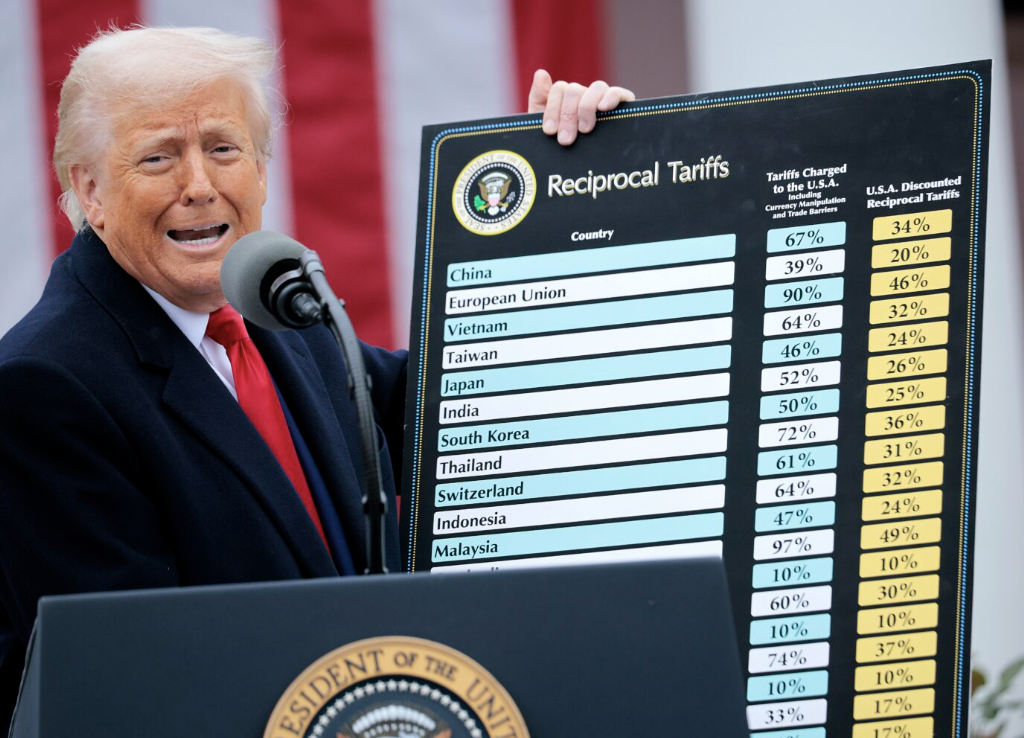U.S. Slaps 10% Tariff on Turkish Imports Amid Shifting Trade Landscape
 tariff
tariff
Türkiye has been included on a list of nearly 100 countries now facing reciprocal import tariffs from the United States, according to a document released by the Trump administration at the White House.
The newly imposed 10 percent tariff will affect Turkish exports entering the U.S. market, adding pressure to an already complex global trade environment.
Turkish-U.S. Trade Nears Balance, but Tariffs Threaten Momentum
In 2024, bilateral trade volume between Türkiye and the United States reached $32.58 billion, with Türkiye posting a modest trade surplus of $120 million, based on data from the Turkish Statistical Institute (TÜİK).
-
Türkiye’s exports to the U.S. rose by 9.9% year-over-year, hitting $16.35 billion, which represented 6.2% of the country’s total export revenue.
-
Meanwhile, imports from the U.S. climbed 2.8%, reaching $16.23 billion.
Despite the trade being nearly balanced, the introduction of a 10% tariff is expected to impact Turkish exporters, particularly those reliant on U.S. demand for goods like textiles, machinery, and automotive parts.
Early 2025 Trade Data Shows Modest Growth
In the first two months of 2025, Türkiye's exports to the U.S. totaled $2.57 billion, showing a yearly increase of 0.7%. This figure accounted for 6.1% of Türkiye’s total exports during the same period, demonstrating the continued significance of the U.S. market to Turkish exporters.
Tariffs Add to Global Trade Tensions
While the U.S. administration did not elaborate on the criteria for the new tariff list, the move is part of a broader policy aimed at rebalancing trade relationships and pressuring countries into more favorable agreements.
Trade experts warn that the additional 10% levy could affect not only export competitiveness but also investor sentiment, as Türkiye continues to navigate shifting economic policies and international trade headwinds.


